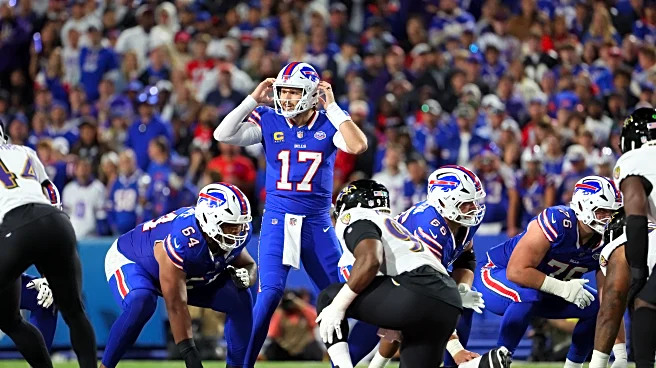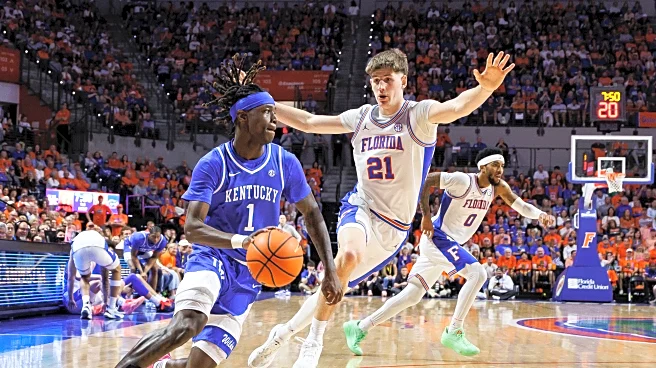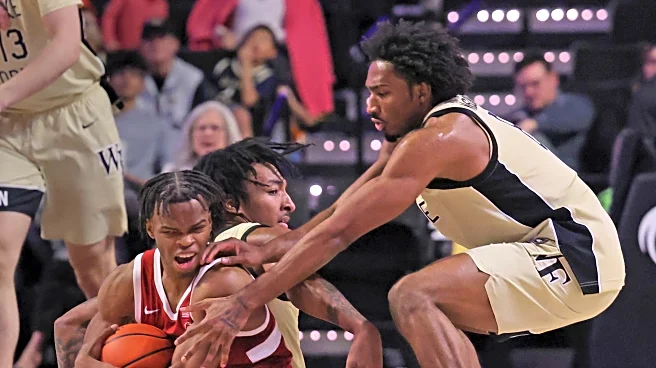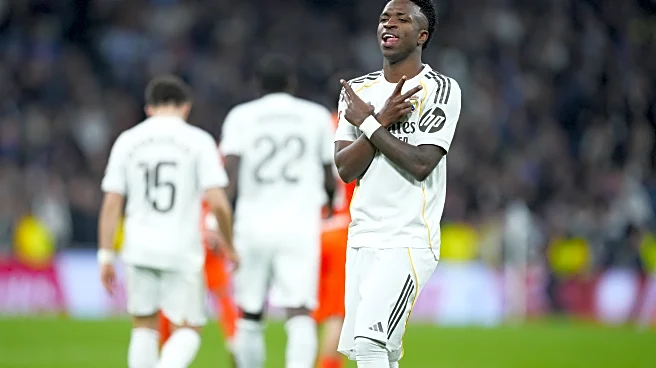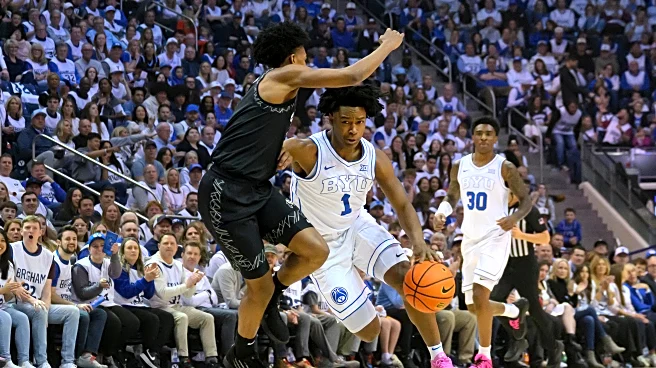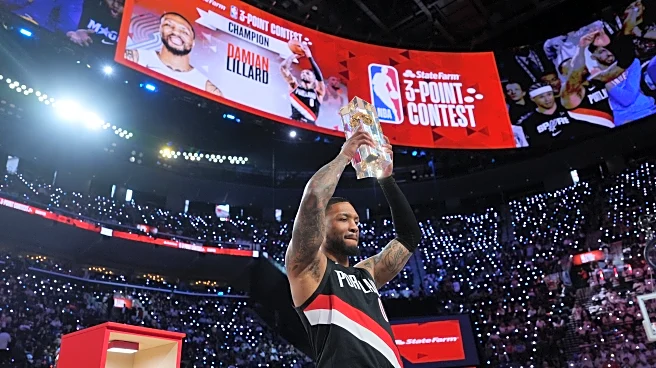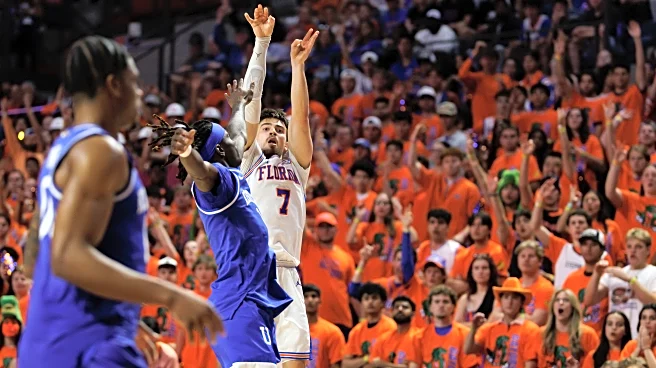The Buffalo Bills kicked off the 2025 NFL season with a heart-stopping 41-40 comeback victory over the Baltimore Ravens in Week 1, a game that highlighted both their resilience and areas where improvement is needed. As they prepare to take on the New York Jets this afternoon at MetLife Stadium, the Bills face a divisional rival eager to exploit any lingering issues.
The Jets, coming off a 34-32 loss to the Pittsburgh Steelers in their opener, boast a ground-heavy attack led by running back Breece
Hall (107 rushing yards on 19 carries in Week 1) and a mobile quarterback in Justin Fields, who could try to replicate a bit of what the Ravens did that created problems for the Bills’ defense. This matchup offers Buffalo a chance to build momentum, but three pressing questions loom large. Let’s dive in…
1. Will Joe Brady adjust his scheme to let Josh Allen dominate early?
In Week 1, the Bills’ offense mirrored patterns from recent high-stakes games against elite defenses, starting conservatively before having to erupt late. Against the Ravens, Buffalo managed just 158 total yards through three quarters, averaging a paltry 4.7 yards per play — well below their 2024 season average of 6.2 yards per snap under Brady. This run-first mentality, with 18 carries for 62 yards (3.4 yards per carry) in the first half, echoed struggles in the 2024 playoffs, especially in the 32-29 AFC Championship defeat to Kansas City, where Buffalo’s offense stalled early, scoring just three points in the first quarter despite Allen’s 2024 MVP-caliber efficiency (league-leading 9.5 yards per attempt).

Brady’s philosophy since taking over in 2024 hasn’t been one of the team’s biggest issues, since the Bills ranked second in scoring (31.8 points per game) and top-10 in total offense (384.2 yards per game) last year. However, this more balanced approach hasn’t worked every time, and Josh Allen’s improvisational genius has hidden a lot of the unit’s struggles to operate efficiently within the structure of the offense. In the Week 1 opener, we were able to see this familiar approach yet again. Allen attempted only 12 passes in the first half, completing 9 for 98 yards (8.2 yards per attempt), while the Ravens’ defense could keep Buffalo’s ground attack under control.
Falling behind in the box score and running out of time, we saw Brady turn to his MVP quarterback and call a more pass-friendly offense with the game on the line. The result was the absolute best player in the game taking over and becoming unstoppable. Allen’s full command shines when given freedom at the line of scrimmage; in 2024, he audibled into 28% of play calls, boosting the offense’s expected points added (EPA) per rush by 0.15 when throwing early. This offense is at its best when #17 is in total command of it, not limited by early downs failures on snaps where he’s simply asked to hand off the football. Let him read defenses and do that when the looks are favorable, instead of limiting his opportunities.
Against the Jets, whose defense allowed just 53 rushing yards in Week 1 against the usually physical Steelers offense, Brady must pivot. A pass-heavy script could exploit New York’s secondary vulnerabilities (allowed Aaron Rodgers to complete 22 of 30 passes for 244 yards and 4 TDs in Week 1). If Brady grants Allen more pre-snap freedom as he did during the comeback stretch last Sunday night, the Bills could dominate from kickoff, putting the team in an early lead that could also help the defense, forcing the Jets to become multi-dimensional trying to stay in the game with a high-powered offense led by the MVP. The best version of Buffalo’s offense thrives when Allen dictates, not reacts.
2. Should we be worried about Buffalo’s defense?
No panic yet for the Bills’ defense, but Week 1 exposed cracks against generational talents. Baltimore’s Lamar Jackson and Derrick Henry combined for 238 rushing yards (8.2 yards per carry) and three scores, with Henry totaling 170+ yards and two TDs — numbers that overwhelmed Buffalo’s undersized defensive group. Advanced metrics paint a forgiving picture: Buffalo’s defensive EPA per play was -0.12 overall but improved to +0.08 in the fourth quarter, forcing Henry’s costly fumble that sparked the comeback.
Most defenses falter against Jackson (two-time MVP winner) and Henry (199 yards in 2024 vs. Bills), I don’t think it’s fair to judge the defense for not being able to contain them. I’m pretty certain the Ravens defense is star-studded and they couldn’t stop Josh Allen either.

The Jets present a kind of “Ravens-lite” challenge: Hall’s physicality and Fields’ elusiveness mimic that mobile QB-run game, but neither matches elite levels — Hall’s good, but he’s not Henry, and Fields can only pretend to be a talent at Jackson’s level. Buffalo’s defense struggled with gap integrity, allowing 175 rushing yards by halftime last week. However, coordinator Bobby Babich’s adjustments (blitz rate up 12% in the fourth) could shine here.
If they start strong against the run, Buffalo’s pass rush (three sacks in Week 1) can disrupt Fields early. This is a proving ground: Fix run fits, and the defense rebounds; ignore them, and worries mount. This is a game to force Fields to prove he can beat the Bills with his arm. Having some help from the offense scoring early and often wouldn’t hurt either.
3. Can young players sustain momentum and step up?
Buffalo’s youth infusion showed flashes in Week 1, and with Ed Oliver (out for Week 2 after a practice mishap), and Tre’Davious White’s (listed as questionable) injuries rookies must deliver.
Wide receiver Keon Coleman, the 2024 second-rounder, was pivotal in the comeback last week, hauling in a tipped fourth-and-2 touchdown from Allen with 3:56 left, and finishing with key grabs, including an 8-yard out and 25-yard over-the-middle to beat a cover-0 blitz and put the Bills in position to win the game. This last stretch showed he is ready for a bigger role in the offense. If Brady airs it out early against the Jets, Coleman’s 6-4 frame and contested-catch prowess could build on his momentum, helping the offense to become a truly unstoppable group.

On defense, rookies T.J. Sanders and Deone Walker saw rotational snaps against Baltimore, combining for three tackles and a run stop. Sanders will get his first real shot at proving he was worth the high second-round pick Buffalo spent on him. His college numbers — 48 tackles, 7 TFLs, 4 sacks in 2024, earning First-Team All-SEC — highlight his pass-rush upside (82.4 PFF grade), ideal for filling Oliver’s void (95.1 run defense grade in Week 1). He also adds size to the interior DL, hopefully helping to keep Terrel Bernard and Matt Milano clean from blocks to fly around and make plays. Speaking of size, Walker, a 6-6, 345-pound behemoth, has seen snaps at the 1-tech spot, rotating with DaQuan Jones and playing alongside Sanders. However, depending on who’s picked to become the 4th DT for this matchup, the “dancing bear” might have more opportunities to play the 3-tech role, where his combination of size and quickness can make things really difficult for opposing offensive linemen.
We also have to mention rookie corner Dorian Strong. The sixth-round pick from Virginia Tech impressed in his debut, playing all 100% of snaps opposite Christian Benford and allowing zero receptions on one target from Jackson (per Next Gen Stats). Against the Jets’ run game and also covering Garrett Wilson (95 yards and one TD in Week 1), Strong’s length and tackling ability will again be important, and another good performance could solidify a case for a full-time duty going forward.
These youngsters’ Week 1 poise — Coleman’s clutch plays, Sanders/Walker’s versatility, Strong’s coverage — were good signs of steps in the right direction. With Brady’s adjustments and defensive tweaks, the Bills could turn early lessons into a statement win, having their youth being developed early, aiming 0n having them ready for when the playoffs arrive.
